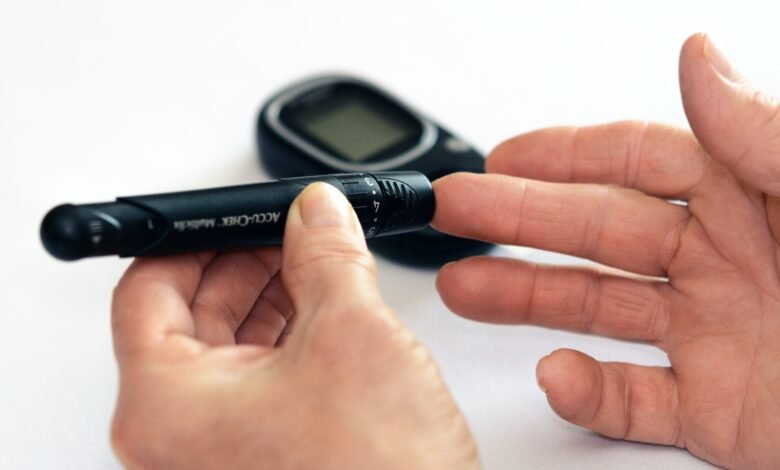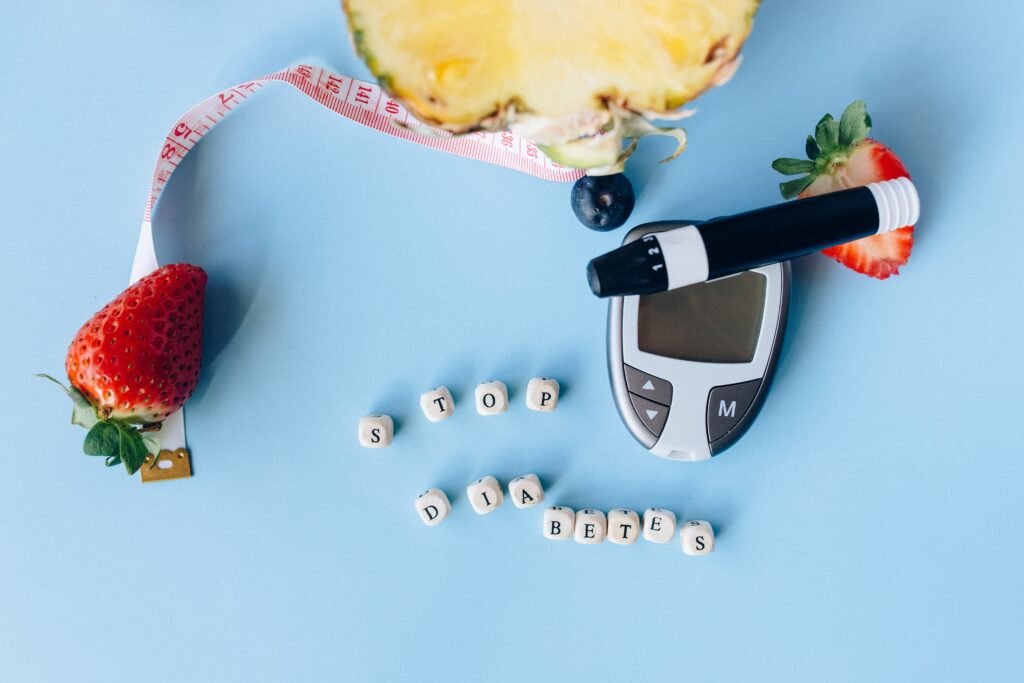
Diabetes affects millions of people worldwide, and while there is no cure, effective diabetes management is vital for leading a healthy and fulfilling life. Diet plays a pivotal role in this management, and making informed food choices can significantly impact your well-being. In this article, we will explore some of the best foods for individuals with diabetes.
1. Non-Starchy Vegetables
To start, opt for non-starchy vegetables. These vegetables, including broccoli, spinach, cauliflower, and bell peppers, have low carbohydrate content and high fiber levels. They play a pivotal role in stabilizing blood sugar levels while providing essential vitamins and minerals.
2. Whole Grains
Moreover, next on the list are whole grains. Consider options like quinoa, brown rice, and whole wheat bread, as they are rich in fiber and nutrients. These whole grains have a lower glycemic index compared to their refined counterparts, meaning they won’t cause rapid spikes in blood sugar levels.
3. Lean Proteins
Lean proteins, such as skinless poultry, fish, tofu, and legumes, offer another avenue for blood sugar control. They keep you feeling full and satisfied, reducing the temptation to indulge in high-carb, sugary options.
4. Fatty Fish
Fatty fish, including salmon, mackerel, and sardines, contain high levels of omega-3 fatty acids. These healthy fats have been shown to improve insulin sensitivity and reduce inflammation, benefiting both diabetes management and heart health.
5. Nuts and Seeds
Now, when it comes to achieving a satisfying crunch and maintaining blood sugar stability, it’s a good idea to consider incorporating nuts and seeds like almonds, chia seeds, and flaxseeds. Furthermore, these foods are not only delicious but also rich in fiber and healthy fats. Consequently, this makes them an excellent choice for individuals who are actively managing diabetes
6. Greek Yogurt
Furthermore, greek yogurt is an excellent source of protein and probiotics, aiding digestion and supporting gut health. Opt for plain, unsweetened yogurt to avoid added sugars.
7. Berries
Berries, including strawberries, blueberries, and raspberries, are both low in sugar and high in antioxidants. These antioxidants help protect against the complications of diabetes.
8. Cinnamon
Enhance your meals or beverages with a sprinkle of cinnamon, a simple yet effective way to improve insulin sensitivity and lower blood sugar levels.
9. Legumes
On to legumes—beans, lentils, and chickpeas. These powerhouses are rich in fiber and protein. Consequently, they provide a great way to stabilize blood sugar levels and have a low glycemic index. As a result, they effectively prevent rapid blood sugar spikes.
10. Avocado
Now, let’s talk about avocado. This nutrient-dense fruit is packed with benefits. Avocado is notably rich in healthy monounsaturated fats. Consequently, these fats are widely recognized for their ability to help control blood sugar levels and promote heart health.
11. Low-Fat Dairy
Moving along to low-fat dairy products—milk, cheese, and yogurt are valuable sources of calcium and protein. However, it’s essential to choose low-fat options for the best results. By doing so, you’ll minimize saturated fat intake and better support your diabetes management.
12. Sweet Potatoes
Sweet potatoes are a healthy carbohydrate choice, with a lower glycemic index and packed with fiber and vitamins.
Diabetes : what should you know

Remember that when managing diabetes, portion control is key. Collaborate with a healthcare professional or a registered dietitian to create a personalized meal plan that suits your specific needs and maintains your blood sugar levels within the target range.
In conclusion, maintaining stable blood sugar levels and improving overall health are attainable through a well-balanced diet rich in non-starchy vegetables, whole grains, lean proteins, and healthy fats. Furthermore, Incorporate these foods into your daily meals and snacks, and always consult your healthcare team for personalized guidance on managing your diabetes through diet and lifestyle changes.




